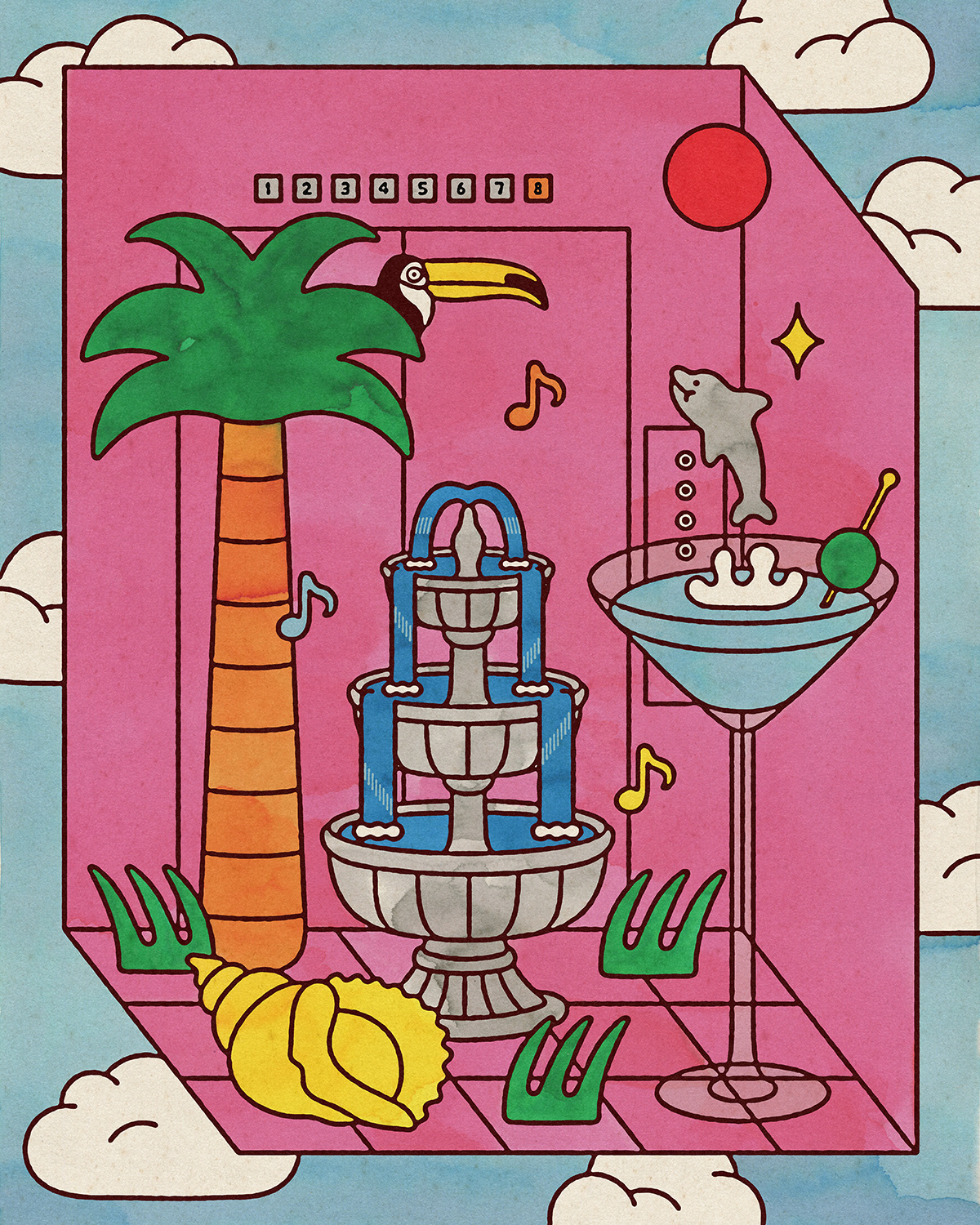The novel’s emotional crescendo comes at Robin and Mercy’s 50th-anniversary party. (Twenty years after she moved out, they still haven’t told the kids.) Watching home movies with his disconnected, taciturn brood, Robin reflects: “Had there been some kind of limit, in those days, on how long a scene could last? Each one was so brief. … Pouf! And then goodbye. Goodbye to all of it. … It had flown by way too fast, he thought as the screen went blank. And he didn’t mean only the movie.”
“French Braid” is a novel about what is remembered, what we’re left with when all the choices have been made, the children raised, the dreams realized or abandoned. It is a moving meditation on the passage of time.
The novel ends on a poignant note, as David, now retired, finds himself unexpectedly awash in family intimacy when his son moves in with him during the pandemic. He is startled to recognize Garrett family traits in his 5-year-old grandson. “David’s father had raised his shoulders like that whenever he was intent on some task — a man Benny had never laid eyes on.” It leads him to recall the French braids his daughter wore as a child: “When she undid them, her hair would still be in ripples.”
David tells his wife: “That’s how families work, too. You think you’re free of them, but you’re never really free; the ripples are crimped in forever.”
The moment is vintage Tyler: the epiphany that will surprise no one, a clever rephrasing of conventional wisdom that merely affirms what we already believe. It’s why some (mostly male) critics have, over the years, dismissed her work as sentimental — the defining characteristic of the genre known as “women’s fiction.” It’s a publishing euphemism that carries more than a whiff of misogyny, implying that fiction written by and about women is by definition something less than literature — heartwarming rather than cerebral, reassuring rather than challenging. To be sure, over her long career Tyler has occasionally fallen into these traps. (See “A Patchwork Planet.”) But “French Braid” is the opposite of reassuring. The novel is imbued with an old-school feminism of a kind currently unfashionable. It looks squarely at the consequences of stifled female ambition — to the woman herself, and to those in her orbit.
For all its charm, “French Braid” is a quietly subversive novel, tacklinging fundamental assumptions about womanhood, motherhood and female aging. Contrary to the message of a thousand self-help books, Mercy’s efforts to begin a career at midlife are fruitless. She advertises her services in neighborhood grocery stores, on laundromat bulletin boards: “Let a Professional Artist Paint Your House’s Portrait.” After decades as a housewife, domestic life is her only subject.
In mourning the lost possibilities of Mercy’s life, Tyler takes aim at a sentimental trope deeply embedded in American culture. The feminist movement notwithstanding, popular culture (not to mention “women’s fiction”) still clings to the notion of motherhood as the ultimate emotional fulfillment, the great and crowning satisfaction of a woman’s life. For Mercy Garrett, that simply isn’t the case.





















Discussion about this post